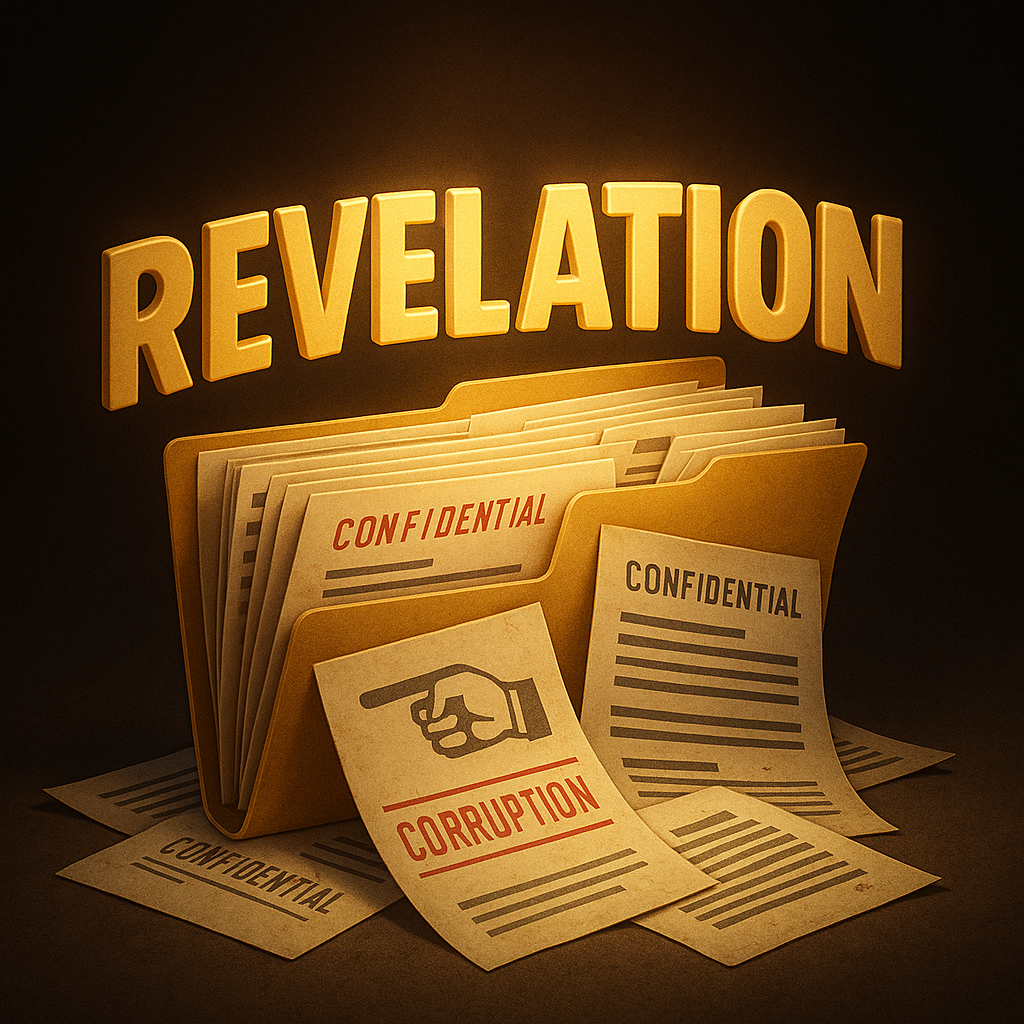Revelation
Definition
Revelation refers to the act of revealing or disclosing something that was previously secret or unknown; it can also denote a sudden, profound insight or disclosure of divine truth. Its plural form is revelations.
Parts of Speech
- Noun
Pronunciation
American English
- IPA: /ˌrɛvəˈleɪʃən/
- Respelling: rev-uh-LAY-shuhn
British English
- IPA: /ˌrɛv(ə)ˈleɪ.ʃən/
- Respelling: rev-uh-LAY-shuhn
Etymology
Late Middle English (in the sense ‘act of revealing’): from Anglo-Norman French revelacioun and directly from Latin revelātiō, from revelāre ‘reveal’ (from re- ‘back’ + velāre ‘to veil’).
Derivatives
- reveal (verb)
- revealer (noun)
- revelatory (adjective)
- revelational (adjective)
- unrevealed (adjective)
Synonyms
- disclosure
- unveiling
- epiphany
- insight
- manifestation
Antonyms
- concealment
- obscuration
Usage
"The scientist’s latest paper contained a startling revelation about the behavior of black holes."
"She experienced a sudden revelation that changed her perspective on the project."
Related Terms
- Disclosure: The act of making something known.
- Epiphany: A sudden realization or insight.
- Insight: An accurate and deep understanding.
- Unveiling: The act of revealing what was hidden.
- Apocalypse: A disclosure of divine mysteries (from Greek ‘uncovering’).
Detailed Definitions
Noun
- The act of making something known that was previously secret or unknown – an action by which hidden or private information is revealed to others.
- Example: "The whistleblower’s revelation exposed widespread corruption."
- A sudden, striking realization or insight – a momentary flash of understanding that brings clarity on a subject.
- Example: "In a moment of revelation, he understood the true cost of his decisions."
- A disclosure of divine or mystical truth, especially in religious contexts – the unveiling of sacred knowledge believed to come from a higher power.
- Example: "The Book of Revelation in the New Testament describes prophetic visions."
revelation



🇨🇳 Mandarin (Chinese)
- 啟示 (qǐ shì) - revelation, enlightenment
- IPA Pronunciation: /t͡ɕʰi˨˩˦ ʂɻ̩˥˩/
- Respelling in English: chee shir
🇮🇳 Hindi
- प्रकाशन (prakāśan) - revelation, disclosure
- IPA Pronunciation: /pɾəˈkaːʃən/
- Respelling in English: praa-kaash-an
🇪🇸 Spanish
- revelación - revelation, disclosure
- IPA Pronunciation: /reβelaˈθjon/
- Respelling in English: reh-veh-lah-thee-on
🇫🇷 French
- révélation - revelation, disclosure
- IPA Pronunciation: /ʁeve.la.sjɔ̃/
- Respelling in English: reh-veh-lah-syon
🇸🇦 Modern Standard Arabic
- وحي (waḥy) - revelation, divine inspiration
- IPA Pronunciation: /waħiː/
- Respelling in English: wah-hee
🇧🇩 Bengali
- প্রকাশ (prakāś) - revelation, illumination
- IPA Pronunciation: /pɾokash/
- Respelling in English: pro-kash
🇷🇺 Russian
- откровение (otkroveniye) - revelation, disclosure
- IPA Pronunciation: /ətkrɐˈvʲenʲɪje/
- Respelling in English: ot-kro-vyen-ee-ye
🇵🇹 Portuguese
- revelação - revelation, disclosure
- IPA Pronunciation: /ʁɛvɛlaˈsɐ̃w/
- Respelling in English: reh-veh-lah-saown
🇮🇩 Indonesian
- wahyu - revelation, divine message
- IPA Pronunciation: /wahju/
- Respelling in English: wah-yoo
🇩🇪 German
- Offenbarung - revelation, disclosure
- IPA Pronunciation: /ˌɔfn̩ˈbaːʁʊŋ/
- Respelling in English: off-en-baa-roong
🇯🇵 Japanese
- 啓示 (keiji) - revelation, divine message
- IPA Pronunciation: /keːd͡ʑi/
- Respelling in English: kay-jee
🇻🇳 Vietnamese
- khải huyền - revelation, apocalypse
- IPA Pronunciation: /kʰaːj˨˩ hwiən˧˧/
- Respelling in English: khai hween
🇰🇷 Korean
- 계시 (gyesi) - revelation, divine message
- IPA Pronunciation: /ɡje.ʃi/
- Respelling in English: gye-shee
🇹🇷 Turkish
- vahiy - revelation, divine message
- IPA Pronunciation: /vaːhij/
- Respelling in English: vaa-hee
🇵🇰 Urdu
- وحی (waḥī) - revelation, divine inspiration
- IPA Pronunciation: /waːhiː/
- Respelling in English: wa-hee





